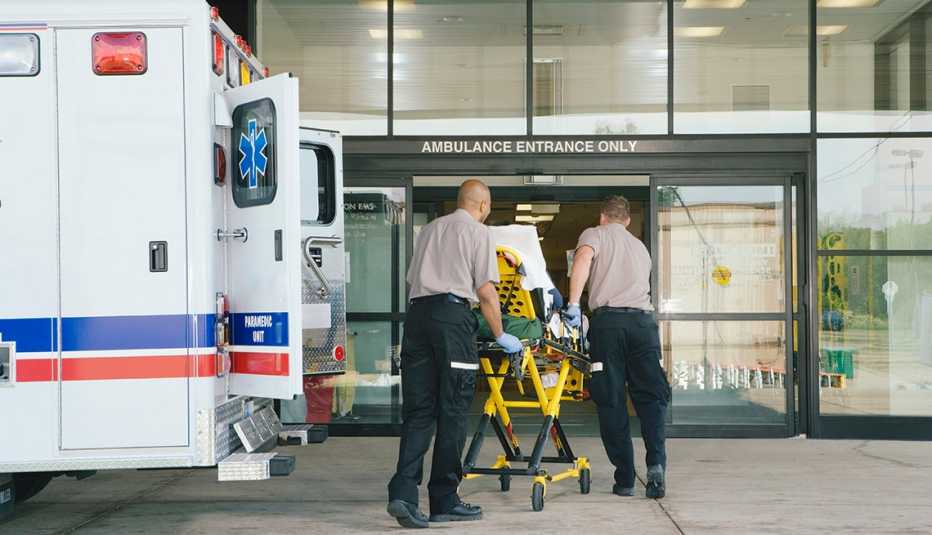Staying Fit


For many Americans, having health insurance doesn't protect them from surprise medical bills that can add thousands of dollars to their out-of-pocket expenses. President Trump and a bipartisan group of Congress members say they want to protect consumers from such charges.
Surprise fees from a doctor or hospital almost always stem from “balance billing,” a practice that occurs when someone gets care from a doctor, hospital or other medical facility that is not part of the patient's health insurance network. Insurance usually covers some of the out-of-network charges, but consumers are often asked to pay the difference between what was billed and what the insurance company paid. The “surprise” comes when a person gets care at an in-network hospital or provider, only to find out afterward that a specialist they saw or a test they received was not part of the same network, or when they are rushed in an emergency to a hospital not in their insurance plan's network.


AARP Membership— $12 for your first year when you sign up for Automatic Renewal
Get instant access to members-only products and hundreds of discounts, a free second membership, and a subscription to AARP the Magazine.
For example, at a White House event on Thursday, Drew Calver, a schoolteacher in Austin, Texas, said that when he had a heart attack two years ago, he was billed $110,000 for out-of-network charges his insurance didn't cover. And Paul Davis, a retired doctor from Finlay, Ohio, said his daughter, Liz, was balance billed $17,850 for a urine test after back surgery.
A Kaiser Family Foundation poll on health care last month found that 50 percent of Americans believe protecting people from surprise medical bills should be a top priority for Congress, behind only lowering prescription drug costs and continuing the Affordable Care Act protections for people with preexisting conditions.
Medicare and Medicaid limit balance billing, but most people in private health plans have no such protections. “Unfortunately, there are times when an individual makes every effort to obtain affordable care under their insurance coverage but is surprised to receive a bill from a non-network provider whom they did not choose or were not given the opportunity to choose,” AARP said in a letter this year to six U.S. senators working on legislation to combat this problem. “AARP strongly supports your effort to protect consumers from expensive surprise medical bills when they believe they are appropriately seeking care from in-network facilities or during an emergency."

































































More on politics-society
Hospital Prices Online Confuse Consumers
New federal law requires facilities to make sticker prices public, but that doesn’t tell the whole story
1 in 7 Patients Get a Surprise Hospital Bill
Find out how you can avoid unwanted charges